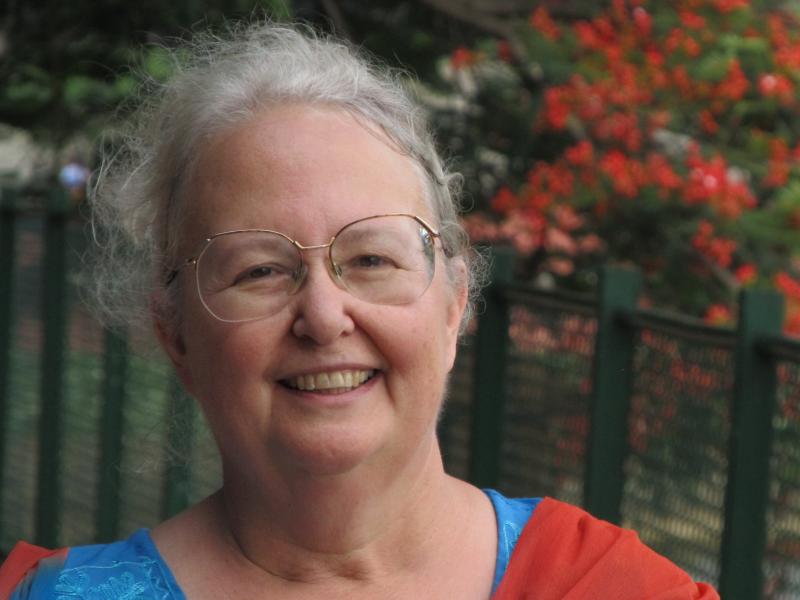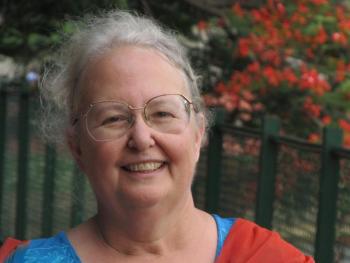Free wellness forum Sept. 23
Dr. Judy Stone, an expert on infectious diseases, is one of our local (seasonal) treasures. She will hold an interactive question and answer discussion on Tuesday, Sept. 23 at the Boothbay Harbor Memorial Library at 7 p.m.
One of her biggest concerns is the rapid spread of antibiotic-resistant infections.
“You are much more likely to die from contracting one of these drug-resistant commonplace infections than you are from contracting (the Ebola virus),” Dr. Stone said. “People are panicked about two passengers with Ebola on a plane coming into this country and they don’t realize their kids or their spouse may already be walking around with risky bacteria multiplying.”
As she explains in her blog in Scientific American “Molecules to Medicine“: “It seems that each time I work now, I see patients with infections that are more and more difficult. Now they are not just hospital-acquired infections. Some occur in anyone receiving healthcare, or caring for an ill family member. Increasingly, we have to commit patients to having long-term intravenous antibiotics, because no oral drugs are effective. Such patients either have to have extensive support at home or are institutionalized in a nursing home.”
“Resistant organisms have the upper hand, in part, because there are too many competing, often disparate interests,” Stone said. “These include the conflicting interests of patients, families, hospitals, nursing homes and lawyers. There is also an enormous lack of communication between these groups. Further complicating matters are the hodgepodge of conflicting regulations.
“For example, in Israel, considerable success was achieved by a country-wide system of tracking patients with multi-drug resistant organisms, so that they could be identified and appropriately isolated on admission. But similar attempts in hospitals I am familiar with in Pennsylvania and Maryland have met with varying/little success. Some hospitals were reluctant to screen high-risk patients, knowing that nearby nursing homes were likely to refuse admission due to the added costs and burden of caring for isolation patients. Similarly, it sometimes felt like the nursing homes were playing ‘Hearts’ and passing on the Queen of Spades, neglecting to mention that a transferring patient harbored an multi-drug resistant organism (MDR).
“My nursing home visits to do consults have also shocked me. While we were careful to isolate patients within the hospital, I learned that a different set of rules applied to nursing homes. There, a patient’s room is considered their home, and they cannot legally be transferred to another room without their permission. This makes it very difficult to cohort, or place patients with a specific type of infection, in limited areas of the facility and with dedicated equipment and staff.
“While in-hospital isolation patients are generally confined to their rooms, in rehab units (even within a hospital) or nursing homes, the patients comingle, sharing equipment, which might then transmit the bacteria to others. Except in extraordinary circumstances, nursing home patients cannot be confined to their rooms, as it is considered an infringement of their rights.”
Stone’s forum is sponsored by the Boothbay Region Health & Wellness Foundation and is the first in a new series of free Wellness Forums being hosted by the Boothbay Harbor Memorial Library on the first floor, which is handicap accessible. All are welcome.
Event Date
Address
United States
























